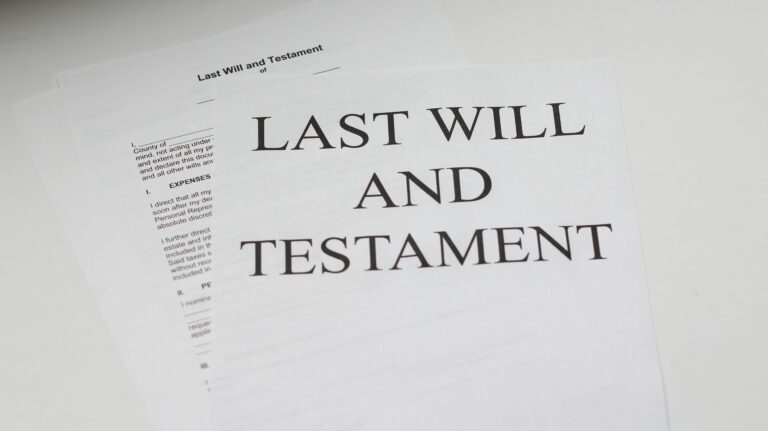
The Benefits of a Good Estate Plan
If you don’t have a comprehensive estate plan, state law will control. That’s unlikely to coincide with what you would choose to do. MSN’s recent article entitled “What is estate planning?” discusses the benefits of estate planning.
Minimizes taxes. Clever structuring of flexible retirement accounts, such as a Roth IRA, can help funnel more tax-free money to your heirs, while other tax-planning strategies like strategic charitable giving can help you mitigate estate taxes.
Prevents family disputes. The possibility of a fight about who gets what of value or even a sentimental treasure can arise without proper planning.
Clarifies your directives. Although you may have always intended for your niece to get a certain heirloom, unless it’s written out in your estate plan, it may not get into her hands. If you clearly spell out your wishes with the help of an experienced estate planning attorney, you can help your loved ones remember you fondly or at least get what you intended.
Avoids the time and expense of probate court. Done correctly, a trust can help your family avoid the hassles of probate court. Because of the ease of using a trust, more people are doing an end-run around probate and setting up their assets this way. You don’t need as much wealth as you might think to make it worthwhile.
Keeps your family assets together. Trusts can be a good way to make sure your money stays in the family. With the help of an estate planning attorney, a trust can keep a beneficiary from blowing your lifetime of hard work in a few years.
Protects your heirs. If you have minor children, a will can instruct who will take care of them. A living will can help heirs avoid some difficult health decisions during a parent’s end of life.
Sound estate planning can help avoid several potentially troubling problems.
Reference: MSN (Oct. 13, 2022) “What is estate planning?”









